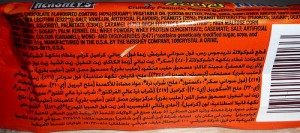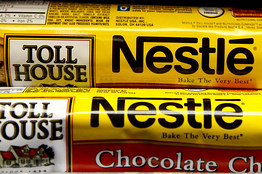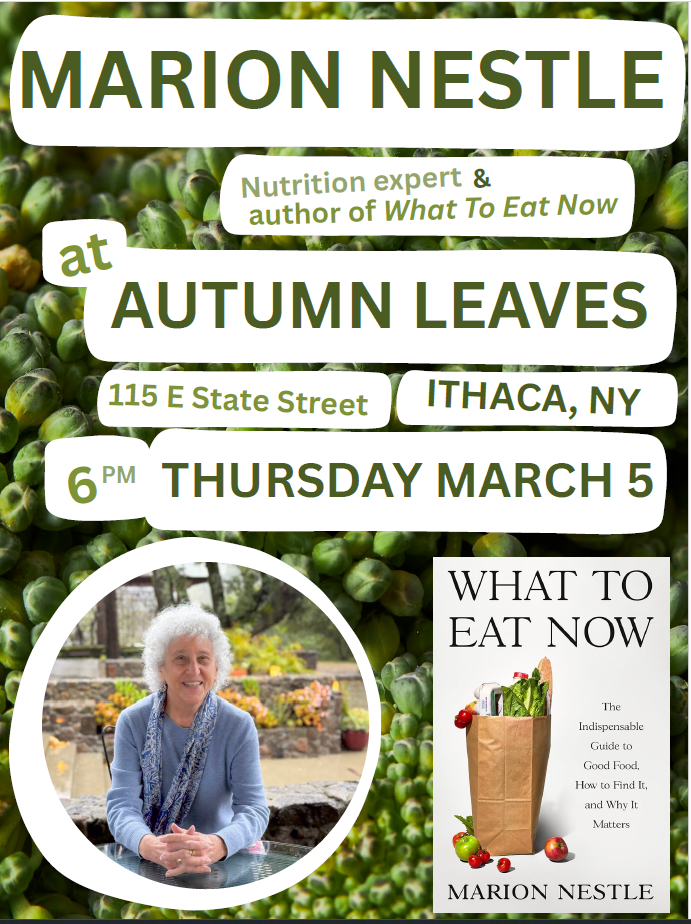The egg recall saga continues
The massive egg recalls so dominate the news today that it’s hard to talk about anything else.
For one thing, FDA Commissioner Margaret Hamburg took to the tube and appeared on three morning shows:
“We need greater abilities to trace back products to their source,” Hamburg told NBC’s “Today” show this morning. “We need better abilities and authorities to put in place these preventive controls and hold companies accountable.”
She pointed out that it is now one year after the peanut butter recall prompted calls for increased regulation, but the FDA still has limited authority to order recalls, among other things.
What she did not say, is that the Senate continues to tie the FDA’s hands by not passing S. 510. Fortunately, other commentators (besides me) are making that point loud and clear:
With elections looming, Washington insiders saw little chance that the Senate would complete the bill this fall – until now. The recall of about a half-billion eggs in a salmonella scare may have given new life to the legislation….At the moment—even with salmonella eggs–the FDA can’t force a company to take its products off the market. (If an egg producer violates safety standards, the FDA does have authority to divert shell eggs to a pasteurization process, which egg producers would rather avoid).
In the meantime, the industry-sponsored Egg Safety Center says:
Consumers are reminded that properly storing, handling and cooking eggs should help prevent food-borne illness. The Egg Safety Center and the Food and Drug Administration recommend that eggs should be fully cooked until both the yolks and the whites are firm, and consumers should not eat foods that may contain raw or undercooked eggs.
Wouldn’t it be nice if this group also said: “Producers are reminded that properly taking care of hens and diligently following food safety plans should help prevent food-borne illness. The Egg Safety Center urges egg producers to immediately implement the FDA’s new regulations for preventing Salmonella that went into effect on July 9.”
And here is USA Today’s take on it (I’m quoted).




